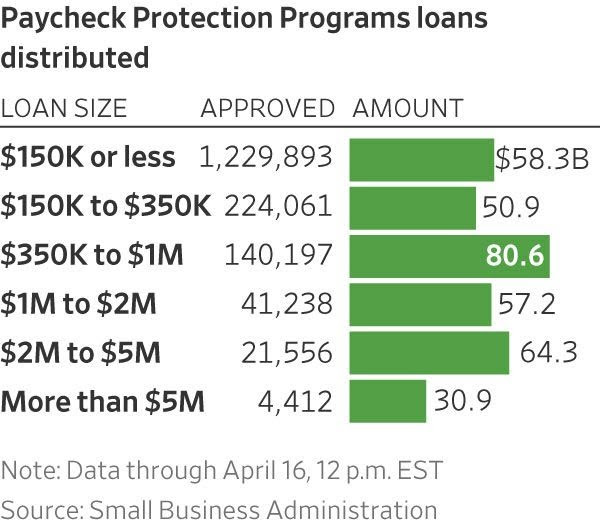When America needed 50,000 coronavirus masks, it turned to Wesley Ross. America didn’t care that Wesley was 15, living in Woodbury and operating from a messy desk laden with Legos and an Xbox.
Businesses were screaming for the masks, and Wesley’s young company, NorthStar Dynamics, managed to track them down in a Chinese factory.
“I got them for 41 cents per mask,” he said proudly. The disposable three-ply masks are only a small part of the business that the brash and unstoppable Wesley has been able to grab.
“I have always tried to do big things,” he said. “I was not meant to be an everyday high-schooler.”
Now 16, the rising junior has carved a niche in the business world as a bottom feeder for government contracts. He bids on contracts too small to get the attention of most businesses.
Day after day, he taps his keyboard to dig up tiny contracts for things the government needs. He then finds a manufacturer to make it, a trucking company to deliver it and the right bid for the buyer to accept it.
He’s not filling orders for $2 billion B-2 stealth bombers. But if a prison needs copy paper, or a hospital needs 50 office chairs, Wesley is on it.
He has discovered that even though the contracts are small, there are many of them – enough for $10,000 in sales last month.
“That’s how you beat the big dogs,” said Wesley. His mom, special-education teacher Rasheida Ross, remembers Wesley’s first business transactions – selling bracelets made of rubber bands, as a 7-year-old.
Wesley founded his first real business on his 15th birthday – a line of car accessories and electronics called SpeedLabs, to raise money for a car club. “I made $5,500 in one summer,” he said.
But he didn’t get serious about business until he watched the 2016 movie “War Dogs,” a fictional account of a true story. He watched, fascinated, as two young entrepreneurs landed a contract to supply $300 million in weapons to the U.S. military.
“I saw Jonah Hill in that movie, and I said, ‘I do not need to sell electronics.’ It was mind-blowing for me.”
‘I AM PERSISTENT’
Last July, with no startup capital or experience but plenty of self-confidence, Wesley started NorthStar Dynamics and got certified as a small and minority-owned business.
Just as in the movie, he looked over government requests for supplies and began bidding.
“I am persistent when it comes to contracts,” he said.
“A military base in Oklahoma will say they need 5,000 cans of corn. Well, I know many, many manufacturers of canned corn.”
He’s bid on lockers, paper, salt for highways. “I sent canned beans and kosher condiments to a prison in Arizona,” he said. He recently sold diesel fuel, to be loaded onto a Mississippi River barge.
His largest contract was for $115,000, for gravel delivered to a military base. On that deal, he made $11,000, which he split with a one-time contract partner.
Now, with about $3,500 a month in profit, he can afford to hire two other high school students to help the business.
MASKS DEAL
Unlike his other deals, the coronavirus masks purchase did not come through the federal government. Instead, he bought the cache straight from a company in China and had them shipped to his grandparents’ house in Georgia.
He placed ads online and before long, trucks began backing up to the house.
“My goal with the masks was to get them to the public as fast as possible,” he said. He donated 250 masks for every 1,000 masks he sold, and gave 25 percent of his revenue for coronavirus relief.
Since finding success with the masks, he has branched out into supplying businesses. The website now has 285 products, but he says he can get anything a business needs. “I want to be a one-stop shop for businesses,” he said.
Wesley has no immediate plans for a more impressive headquarters.
He sheepishly describes his “quote-unquote home office” as a bedroom desk with a computer, TV, Xbox, Legos, and a 4-foot stack of papers that essentially is the filing system for NorthStar Dynamics.
“I am a creative teenager,” he shrugged. “I don’t see any other high schoolers doing this.”
Source: TwinCities.com
Subscribe and Follow SHOPPE BLACK on Facebook, Instagram &Twitter
Get your SHOPPE BLACK Apparel!





















































